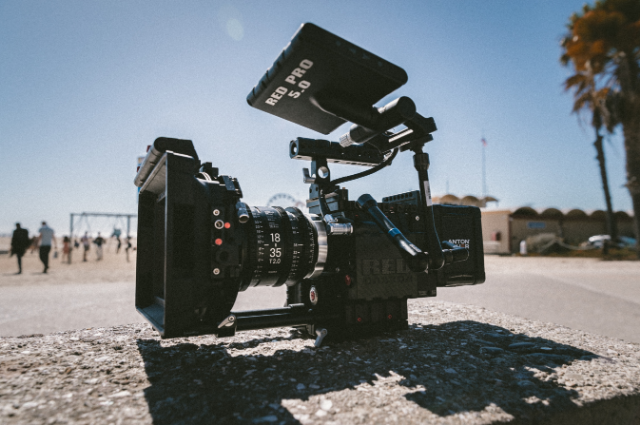The rise of streaming has changed the documentary form in a big way. Documentaries used to only be shown during a small part of the TV schedule, but streaming services have given them a much bigger following. This has made more people want to watch films because they have more to choose from and can do so whenever they want.

Photo by Jakob Owens on Unsplash
One of the most important things about the future of TV programs is that they will get more and more different. Documentaries were often seen to be dull and out of date, but the emergence of streaming has allowed documentary filmmakers the opportunity to experiment with new techniques and approaches. This has led to a wider range of films, from close-up looks at people's lives to epics about history.
For instance, the Netflix documentary "American Factory" is about a Chinese company that establishes a facility in Ohio. The film provides an intriguing look at how various cultures interact and the issues that arise because of globalization. Another example is the HBO documentary "Icarus," which is about a Russian specialist who uncovers a state-sponsored doping system. The film is a fascinating drama that raises significant concerns regarding the proper way to play sports. Another thing that will change the future of TV shows is that they are becoming more interactive.
Streaming services are trying out different ways to add more interactivity to programs. This includes elements like behind-the-scenes footage, real-time timelines, and audience surveys. This lets the audience partake more in the program and learn more about the subject.
For instance, viewers may examine the data that was utilized to influence the presidential election in the United States in 2016 by watching the film "The Great Hack" on Netflix. There are also interesting segments in the movie that educate viewers on the many ways in which data may be utilized to exert control over individuals.
VR and AR are becoming more and more popular, which is also changing the future of TV programs. These tools are used to make new films that are more interesting. A VR movie could, for example, let people watch a big event as if they were there. Or an AR documentary could let people connect with a made-up world that is based on facts from the real world.
There are many things that could happen with TV programs in the future. Films will become ever more significant as a means of understanding and sharing our experiences as the globe gets more connected. The development of streaming has provided documentary filmmakers with new avenues for reaching a larger audience and experimenting with different styles and formats. This is good news for people who like films because it means there will be more to choose from in the years to come.

Photo by KAL VISUALS on Unsplash
There have been several recent advancements that may have an impact on the creation of television shows in the future. One is that social media are becoming more and more important.
People are now able to utilize documentaries to initiate conversations and draw attention to significant issues. For instance, the film "Blackfish" attracted awareness to the cruel treatment that orcas get when they are confined to tanks or pools.
The changed way people get their news is another thing that could affect the future of TV programs. Films will become an increasingly essential medium for telling tales about the world that surrounds us as the number of individuals who acquire their news online continues to rise. Documentaries provide us with the opportunity to get a deeper understanding of complex issues and to gain new perspectives on the world around us.
The future looks good for TV programs. As the globe grows increasingly interconnected, movies will become ever more significant as a medium through which to comprehend and communicate our collective histories. The proliferation of streaming services has provided documentary filmmakers with new opportunities to test the waters with a variety of aesthetics and structural approaches, as well as to communicate with a larger audience.
This is good news for people who like films because it means there will be more to choose from in the years to come.
